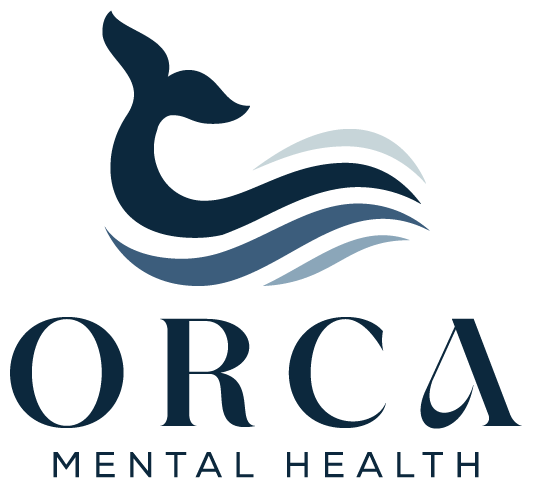Introducing: OMH’s Clinical Director and Clinical Psychologist, Dr. Anna Pollard
When I was first asked to write blogs for our website, my instinct was to Google a list of topics. Trust me—I found plenty. But a few days later, Joe and Brandon (2 of the partners at OMH) pulled me aside and asked me to do something different: tell my story. That conversation inspired me to write this blog.
They wanted to know—what about me makes me the person and clinician I am today?
It struck me how rarely we are asked that question. In our society, when someone asks, Who are you? many of us immediately respond with our profession. That is not necessarily a bad thing, but as a psychologist, I know I am one among many. So, what makes my story uniquely mine?
A couple of months ago, I attended a women’s meditation circle where we were asked to share, Who am I? That question has continued to follow me. And now, with OMH just opening in December, this feels like the perfect opportunity to introduce myself—not just as a clinician, but as a person.
My Journey
I did not always know I wanted to be a psychologist. I grew up in rural Minnesota, dreaming of becoming a marine biologist or veterinarian. That dream took me to Tampa for college, where life presented me with both external and internal challenges. It was during this time that I began my own journey with sobriety and mental health—one that I continue every day, one step at a time.
As I navigated my path, I rediscovered my passion for psychology. I earned my Bachelor of Science in Psychology with a minor in Women’s Studies (now Gender Studies) at the University of Tampa.
My sister and I have always been incredibly close, and she encouraged me to apply to graduate school in San Diego. I was terrified. But, as it turns out, the universe had a plan. I took the leap, moved in with my sister, and started my graduate studies in San Diego—a place that has since become home, offering a life beyond my wildest dreams.
Finding My Passion
During graduate school, I trained in a variety of settings, including:
Inpatient psychiatric facilities
A rural Minnesota VA hospital across multiple levels of care
Primary care mental health integration
Group practices
IOP/PHP programs
Medical rehabilitation centers
Private practice
Through these experiences, I developed a deep appreciation for holistic mental health, recognizing the importance of biological, psychological, social, and spiritual well-being. I explored Shamanism and Buddhist psychology, learning firsthand how understanding a client’s culture, religion, and spirituality can be transformational in therapy.
I share this background not just to highlight my training but to emphasize something even more important—heart.
The Heart of Therapy
The most valuable lesson I have learned? Therapy is not just about techniques, theories, or interventions. It is about heart.
By that, I mean truly believing in my clients. Rooting for them. Seeing them as capable of building better lives and deserving of genuine love in their relationships. No amount of advanced training can replace the power of human connection and belief in someone’s potential. Without heart, even the best interventions fall short.
Meaning, Identity, and OMH
Of course, I cannot fully answer Who am I? or What is my story? in a single blog post. But my hope is that this is the beginning of the conversation. If we ever meet or cross paths, I would love for you to learn more about me, just as I would love to learn more about you.
Martela and Steger (2016) describe three key components of meaning-making: coherence, purpose, and significance. In my practice—and in approaches like Acceptance and Commitment Therapy and Buddhist philosophy—when these elements are unclear or are not congruent with one’s actions, it often leads to suffering, mental health struggles, and substance misuse.
At Oceanside Mental Health, we help clients explore their identities, values, and sense of meaning. If you or a loved one would like to learn more about our program, please reach out at (760) 400-6082 or info@oceansidemh.com
References
Martela, F., & Steger, M. F. (2016). The three meanings of meaning in life: Distinguishing coherence, purpose, and significance. The Journal of Positive Psychology, 11(5), 531-545.

